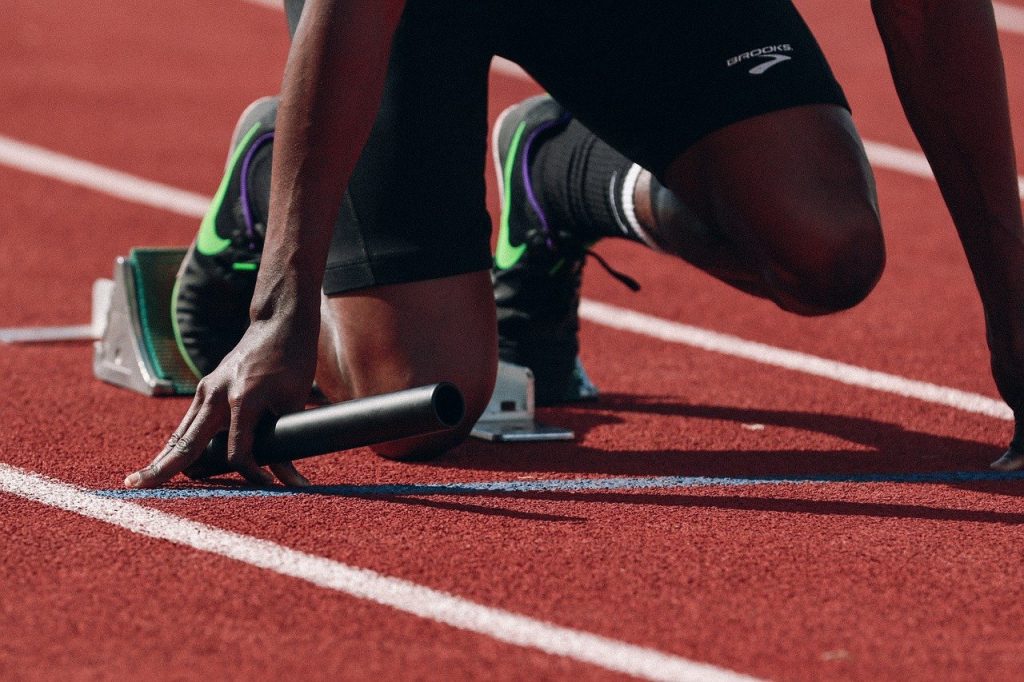Taking part in a sport on a professional level is a rare achievement one that requires dogged determination, performance on a par with world-class athletes and a lot of luck in between. Even then, professional sports can pay little except for a privileged few. For the less-than-10,000 professional sportspeople in the UK, sponsorship are the primary reason they can continue to pursue their career – but how do they work
Why Do Companies Sponsor Athletes?
In essence, sponsorship is a useful marketing tool for companies to grow brand recognition. By expanding their brand’s reach to the audience for a given sport, they can increase interest in their product and their product also stands to benefit from the image of the athlete they endeavor to sponsor.
Sponsorship are a complicated process, and can require a lot of input from different areas in order to properly define their terms; there are legal elements to such terms, from the prominent placement of branding to the placement and use of products by the runner in question, necessitating a legal firm to help understand and navigate the contract. For elite runners, this process can be deeply involved – especially with the size of the brands and the amount of money on the line.
How Non-Elite Runners Get Sponsored
However, an increasing number of non-elite athletes are finding sponsorships of their own, as the growth of social media platforms has led to increased visibility of smaller, local-level or up-and-coming amateurs. Runners with a community following can approach local businesses for sponsorship, whether in the form of a small stipend or funding of running equipment in return for social media mentions or branded sportswear.
Smaller, independent sports equipment and sportswear brands are common sights with regard to non-elite sportspeople. Newer, small brands stand to benefit from the exposure they receive if their equipment is used by an athlete, and can expect organic growth from the tacit endorsement of their product.
What Brands are Looking For When Sponsoring an Athlete
- Athlete’s ability to connect with fans and build a loyal community. (Their “fan engagement” skills)
- How well the athlete represents their sport and inspires others to participate. (Their “ambassadorial” qualities)
- The athlete’s willingness to try new things and take risks. (Their “adventurous spirit”)
- How the athlete handles pressure and performs under stress. (Their “mental toughness”)
- The athlete’s commitment to giving back to their community. (Their “philanthropic efforts”)
- How well the athlete collaborates with others and builds strong relationships. (Their “team player” qualities)
- The athlete’s creativity and ability to think outside the box. (Their “innovative thinking”)
- How the athlete handles failure and uses it as a learning experience. (Their “resilience”)
- The athlete’s passion for innovation and trying new products or services. (Their “early adopter” mindset)
Getting a sponsorship can be tough, even with social media. It’s important to remember that while sponsorship can greatly help a runner, it’s not always a guarantee for businesses.
Businesses want to see real results from sponsoring an athlete, like more people recognizing their brand or having a positive opinion of it. Not all runners can deliver this, especially if they’re not well-known.
Sponsors also want athletes who fit their brand’s image and values. For example, a bike company won’t sponsor a runner.
New businesses with new products can benefit from sponsoring smaller athletes, but they need to choose athletes who align with their brand in terms of both their image and performance.

